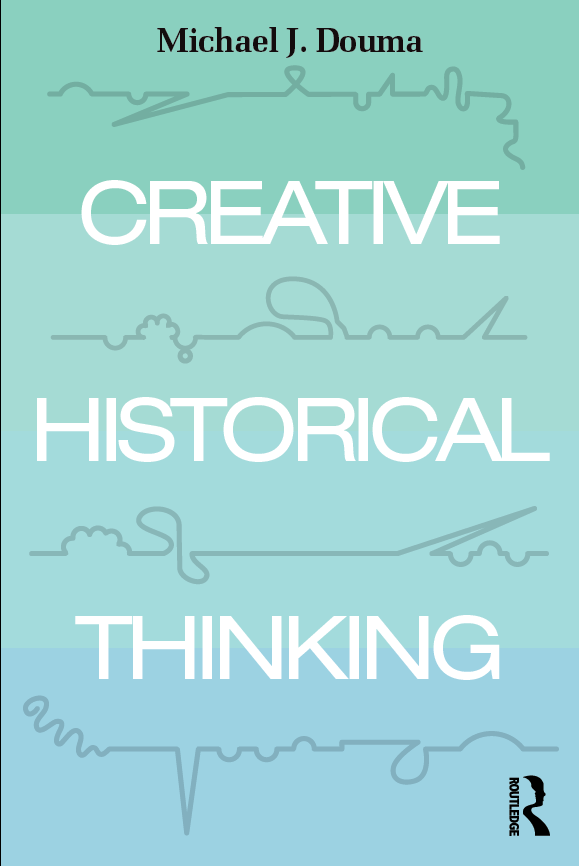It is my intuition that the best-placed young historians today come from a small set of elite universities. But, as Lavar Burton would say, don’t take my word for it. Take a look at the 2015 article by Clauset, Arbesman, and Larremore, “Systematic inequality and hierarchy in faculty hiring networks” which shows that the Harvard history department is one of the densest (most connected) and prestigious departments of all.
That takes me to my discovery today of the Prize Fellowships in Economy, History, and Politics, a three-year post-doc at Harvard University. These positions afford the recipients the opportunity to work on research without teaching or examination requirements. From what I can tell, this is essentially a dream post-doc for historians working on topics in economics and capitalism.
Looking at the past 25 recipients of these fellowships, going back to 2011, I noticed a distinct elitist trend. Of those I could track, fellows have come from the following schools:
Princeton (3)
Yale (3)
Stanford (2)
Cambridge (2)
Harvard (2)
MIT (2)
Johns Hopkins
Chicago
Duke
NYU
At history conferences, I have learned through conversations with graduate students at these top programs, that even they are struggling terribly on the job market. Many of them report that of their cohorts only 2 or 3 out of say 10 graduates per year find academic jobs at all, let alone tenure-track positions.
Professors in these programs are aware of the difficult job market, but I am forced to wonder if they are not a bit out of touch with the reality of the situation. “Survivor bias” explains a bit about why they might be unaware of the profession’s peril. Those who teach in elite programs come from elite programs. They tend to come from elite families. They tend to have financial support and connections to fall back on. Of course, I am generalizing here, and there are many graduate students in these programs who come from nothing and who must work hard to survive.
The Prize Fellowships are just one small indication of the interconnectedness of elite historian networks. There is good reason to believe that the students at these elite universities are smart, capable, and deserving of these positions. I have trouble believing, however, that there are not also some history graduate students at state schools who are their intellectual peers, and who are also capable and deserving.
All history departments need to do a better job warning their students about the poor job market. They need to teach history graduate students not only how to teach and write, but also how to network and how to look for jobs outside of the tenure-track, perhaps outside of academia. These programs need to be honest, that if they are justifying their own existence by pointing to the number of students in their programs, they are acting unethically. It is unethical to create new waves of the over-educated unemployed in order to prop up program enrollment numbers.
Non-elite universities, meanwhile, need to do a better job connecting students to opportunities such as the Prize fellowships. Students are elite programs not only gain a prestige bias, but they are better informed and more aware of opportunities, partially because they are better funded and have more time to look for opportunities, but also because their own advisors and faculty are well-connected to sources and people who fund opportunities and select prize winners.
To the elites go the spoils.







One problem is that once you start the dissertation it is very hard to give it up. The damage – emotional and otherwise – is great. I should have ended my grad work after my comprehensives. Like most ABD’s at Columbia in the 80’s did. They went to MidTown, or Law School. But I did not and after a couple of years it was too late to turn back. Even if I knew my chances of finding work were not good.
LikeLike